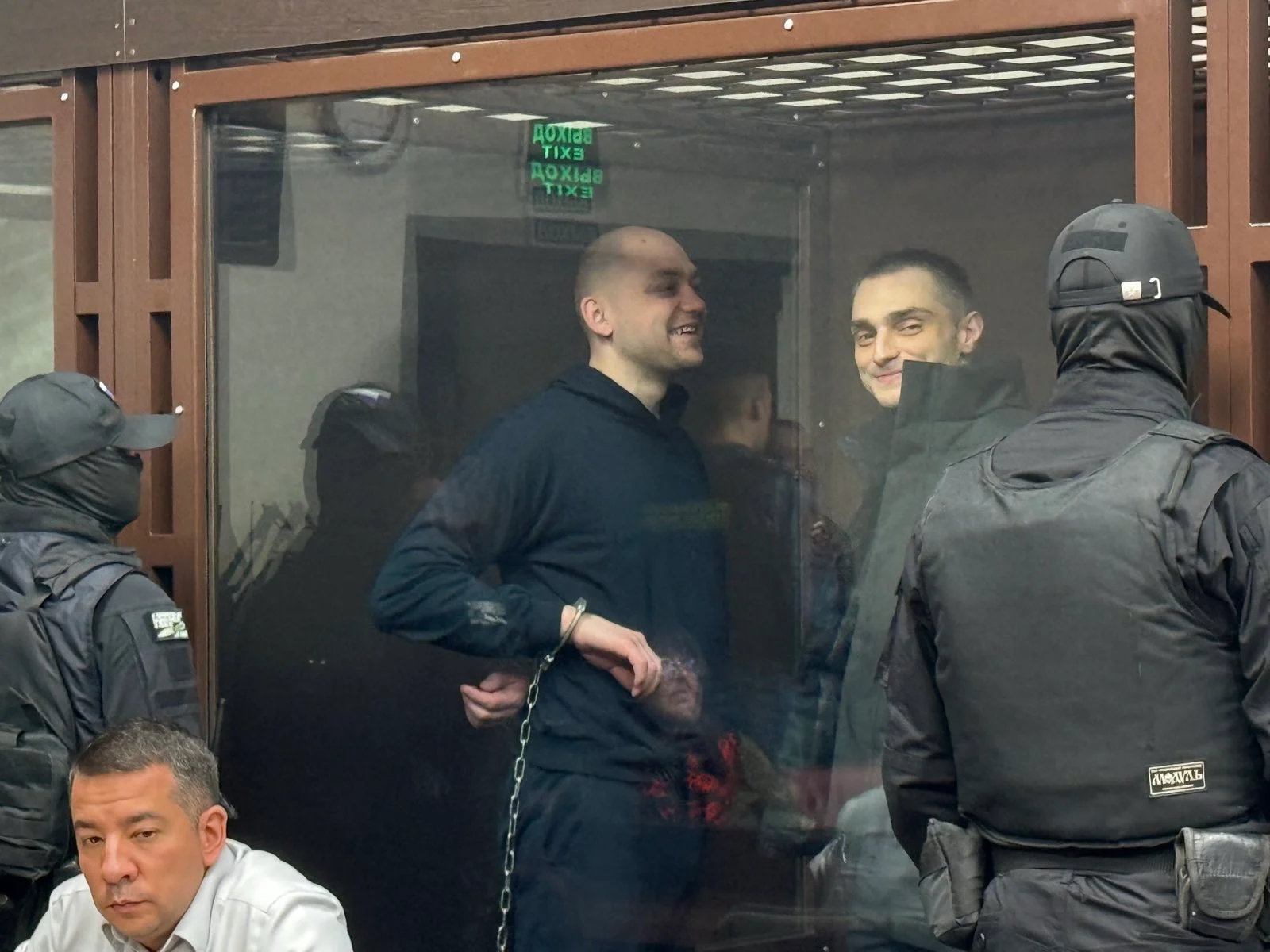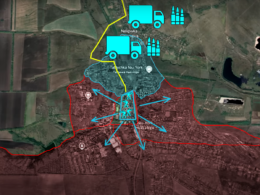A military court in Rostov-on-Don, Russia, sentenced 23 Ukrainian prisoners of war who served in the Azov regiment to lengthy prison terms, Russian online media outlet Mediazona reported on 26 March.
The Azov Regiment is a Ukrainian military unit known for its role in defending key locations like Mariupol against Russian-backed forces. It has fought in several significant battles, including the liberation of Mariupol in 2014 and the defense of Mariupol in 2022.
The Azov Regiment, now the 12th Special Forces Brigade "Azov", currently fights in the Toretsk sector of Donetsk Oblast, particularly around the town of Niu-York.
The Azov Regiment is considered part of Ukraine's forces, specifically the National Guard of Ukraine. However, it has faced misinformation from Russia, which has labeled it a "terrorist organization" in August 2022 and used this designation to justify its actions against Azov fighters.
Twelve servicemembers received direct sentences ranging from 13 to 23 years in a strict regime colony, according to the media report.
The Southern District Military Court convicted six servicemen to 22 years in prison, including Yaroslav Zhdamarov, Alexander Merochents, Nikita Timonin, Alexander Mukhin, Oleg Tyshkul, and Artur Gretsky. Two more received 20-year sentences, while others got varying terms up to 23 years.
During the sentencing, Oleg Zharkov became ill and required medical assistance. Eleven defendants received sentences in absentia after being exchanged back to Ukraine.
Nine women who previously worked as military cooks were also sentenced to 13-14 years in a general regime colony, all tried in absentia after being exchanged in September of last year.
Prosecutors requested sentences between 16 and 24 years, depending on the specific charges. The criminal case was initially opened in the self-proclaimed Donetsk People's Republic and later transferred to the Russian military court.
During the trial, defendants consistently claimed their testimonies were falsified. Nikita Timonin described severe conditions, saying: "I saw bags on heads, wires on different body parts, broken ribs, beaten kidneys... no medical assistance... twice a year we went to the shower – we came out dirtier than we went in, and beaten up."
Read also:
- Ukrainian Azov military delivers blood to frontline position via drone to save wounded soldier
- Russia: We will counter any UK-Ukraine cooperation in Sea of Azov
- Ukraine’s new mine-resistant vehicle wins state orders after Azov Brigade trials





